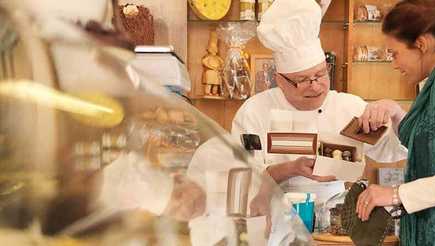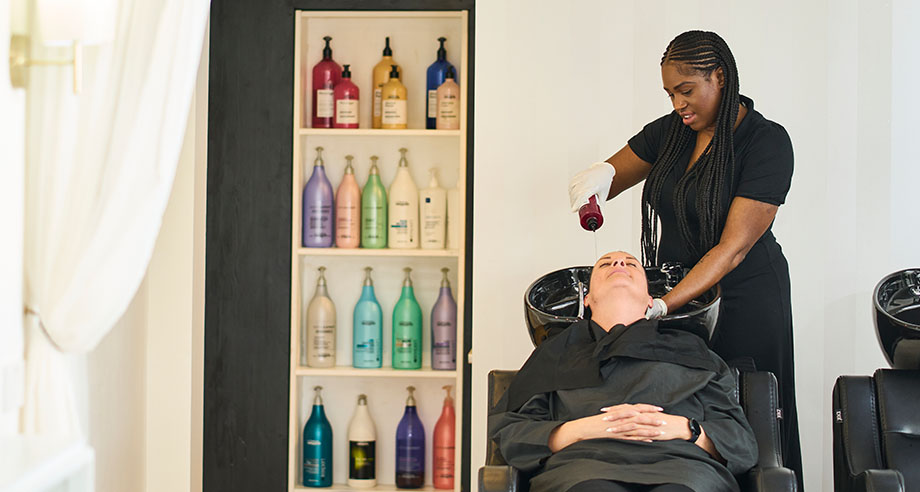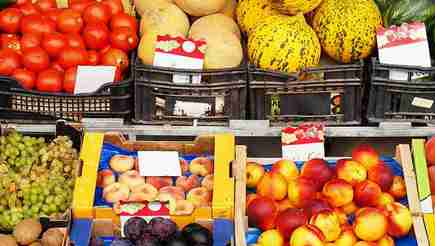With the major high street players announcing poor results and store closures, and some even going into administration, it’s no surprise that smaller retailers are wondering how they’ll survive in such an unpredictable shopping environment.
However, in a study carried out by Visa, 53% of indie retailers revealed they remain optimistic about the future of their high street, so the outlook for the independent shop doesn’t necessarily seem gloomy.
So, could small businesses like yours be the key to preventing the decline of town centre shopping?
What’s the situation on the high street?
So far, 2018 is set to have the highest number of store closures in a decade. Toys R Us and Maplin are no more, and Mothercare, New Look and Homebase are among those closing branches. And when high street stalwarts like House of Fraser and Marks & Spencer are in trouble, everybody worries.
But without these flagship stores, will people stop coming to the high street altogether?
A report from the Centre for Retail Research (CRR) highlighted the growth of online shopping in the last decade. Back in 2008, online was responsible for just 7.7% of sales. Today this stands at 17.8%. The report looked at a number of other factors which may be partly responsible for the high street’s decline, such as increasingly expensive business rates and rents, higher staff costs and the weaker value of the pound.
But most notably, this report pinpointed a significant shift in consumer behaviour on the high street. Today, savvy shoppers aren’t just hitting the streets to spend their hard-earned money on the latest must-haves, they have an increased appetite for getting unique experiences from their retail therapy.
The importance of customer experience
Paul Martin, KPMG’s Head of UK Retail, says that shops will struggle if they don’t offer 'value, convenience or experience'.
Yes, value is harder to offer if you don’t have the giants’ buying power, and it’s arguable whether the corner shop or a supermarket delivery service is the most convenient. But when it comes to experience, the imaginative independent has a great advantage.
You can enhance the shopping experience quickly, easily and usually inexpensively with a easy-to-implement ideas. Simple touches like a pot of coffee on the go or a children’s art corner make shopping an enjoyable occasion, and the big retailers don’t have the monopoly on loyalty schemes.
Simon Thomas of administrators Moorfields Advisory told the BBC that Toys R Us failed partly because the stores were 'impersonal'. Independent retailers could learn from their mistakes by connecting to the nitty gritty emotions of what customers enjoy about their shopping experiences.
If you can’t beat ‘em…
However, don’t dismiss the idea of online sales. You’re never going to be Amazon, but, you can up your online game, widening your market and building loyal followers.
Running an e-commerce website is easier than ever, and there are online platforms available to help small businesses. There’s a lot to think about, including logistics and stock control but in the long-term an online presence is a must-have, not an add-on, and can support your wonderful bricks-and-mortar business.
The high street community is key
As you widen your world, you can also zoom in closer and focus on your local community. Local people still come to the high street, although not necessarily to shop. Barbers, beauty salons, coffee shops… these were all big high street winners in 2017.
If services are outperforming goods, think about working with these businesses. For example, a retailer can team up with a caterer to create an independent bookshop that offers a cracking cake and cuppa. Sharing premises saves costs as well as providing a better shopping experience.
Word-of-mouth builds your community reputation, so never turn down an opportunity for a stall at a local festival, a place in a newsletter, or a networking event.
Why not try organising regular small-scale events: fashion shows, book clubs, wine tastings, preview evenings or even cookery demos to help create a sense of community engagement with your customers.
Always ask yourself: ‘What can I do that an online retailer can’t?’ By constantly implementing ideas that create a more enjoyable and distinct shopping experience than what supermarkets and their major high street counterparts offer, you can help foster customer loyalty, and, most importantly, help your business stand out amongst the competition.
Engage through work experience programmes and small-scale sponsorships, and always employ and shop local yourself to grow your community network. Unlike some of the struggling bigger brands, you are never, ever impersonal.
There’s no doubt about it: competing in the high street is tough. However, as consumer behaviours continue to change, this represents an exciting opportunity for independent retailers and businesses to focus on providing bespoke products and services to meet their needs and set themselves apart from larger chains and internet giants.






